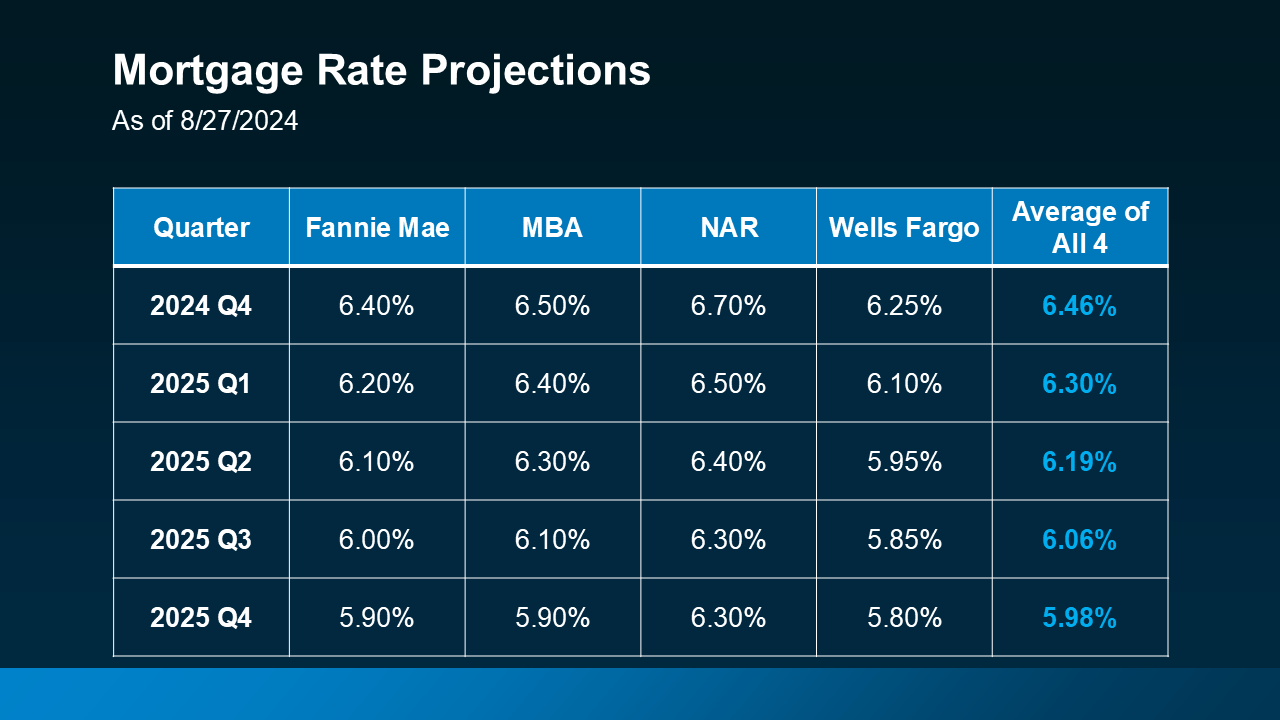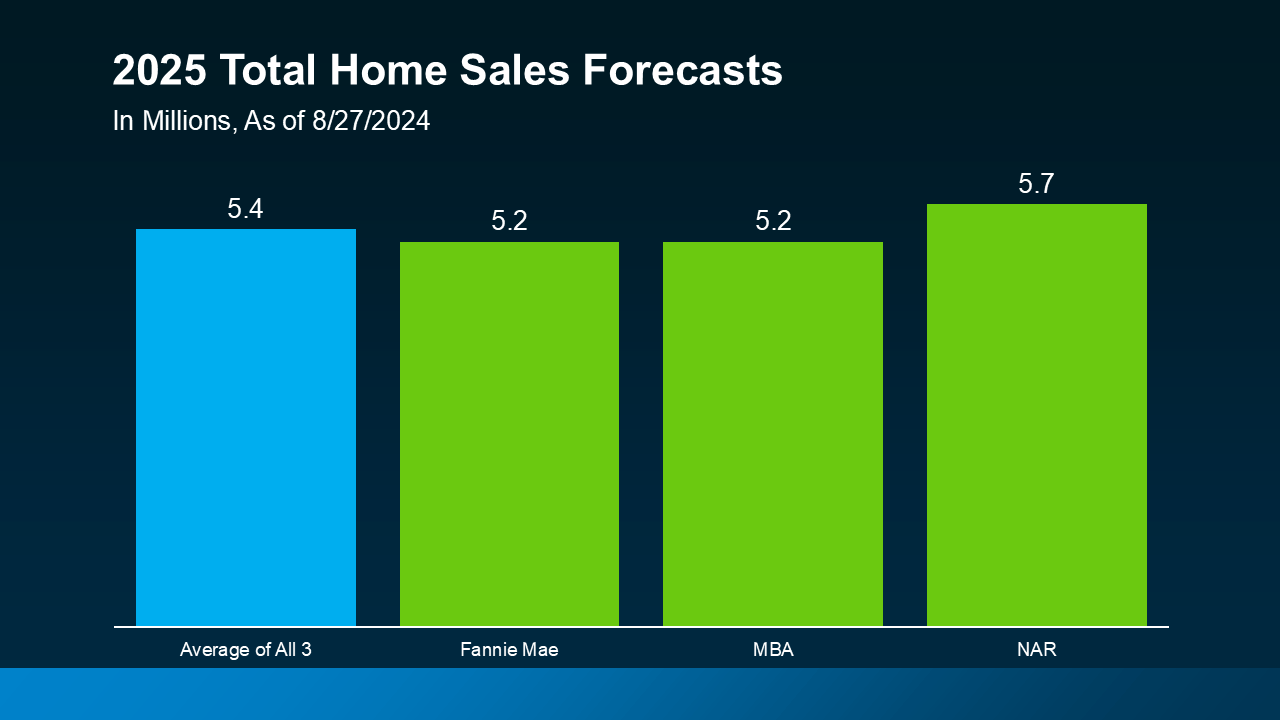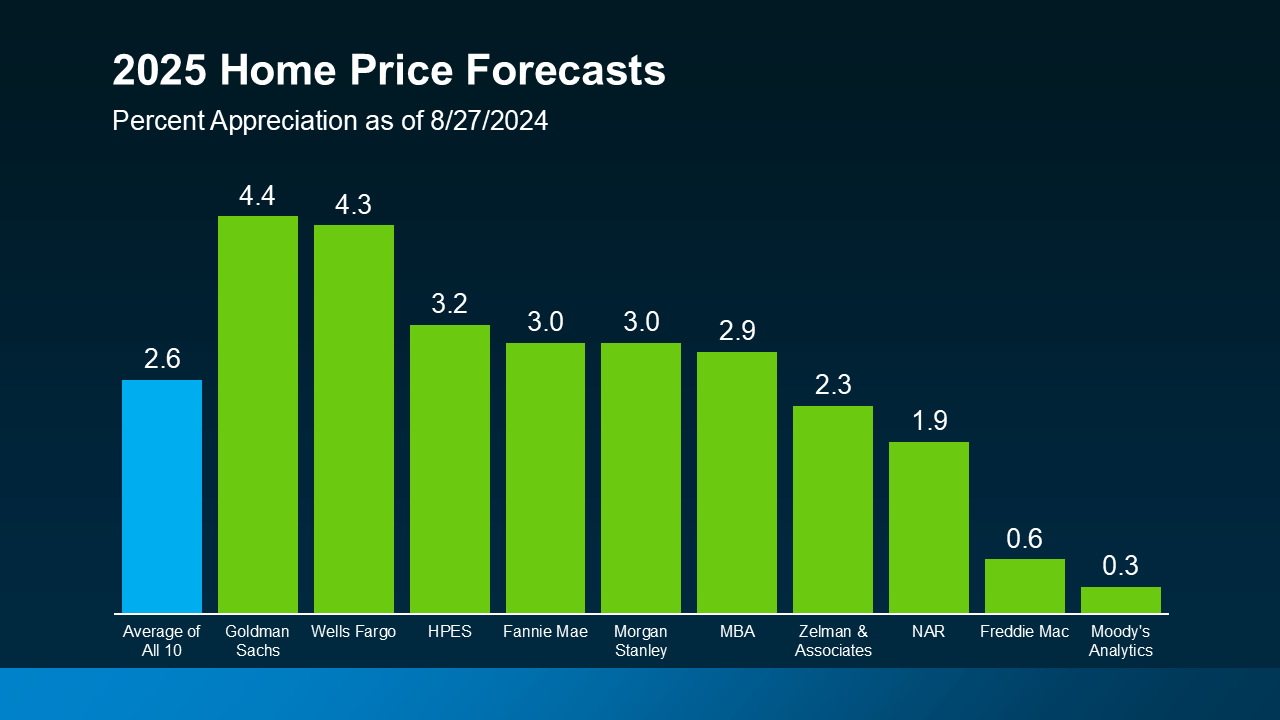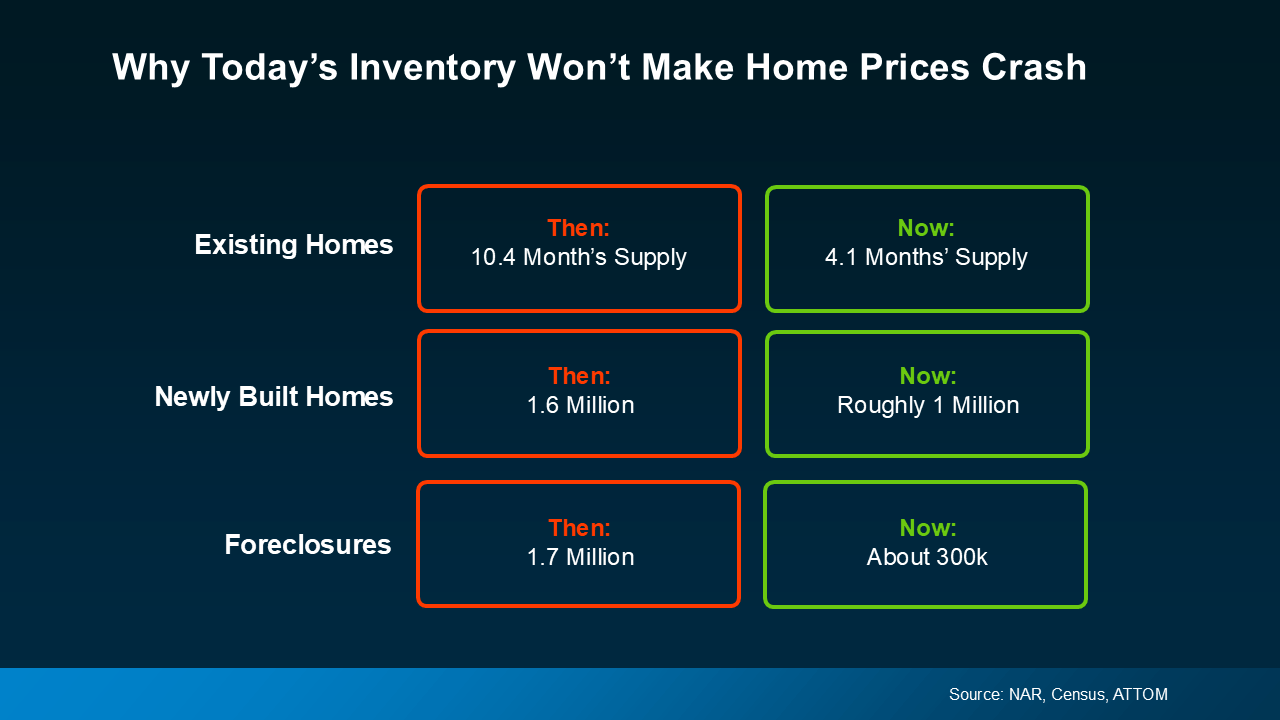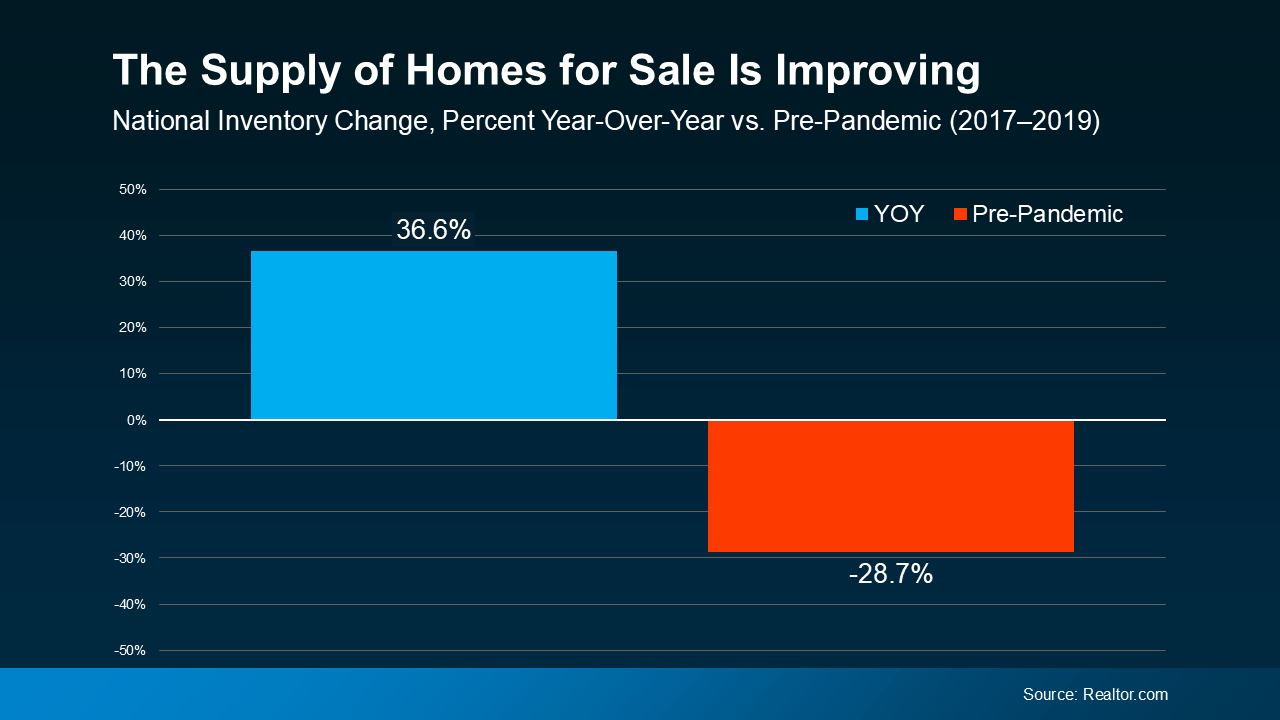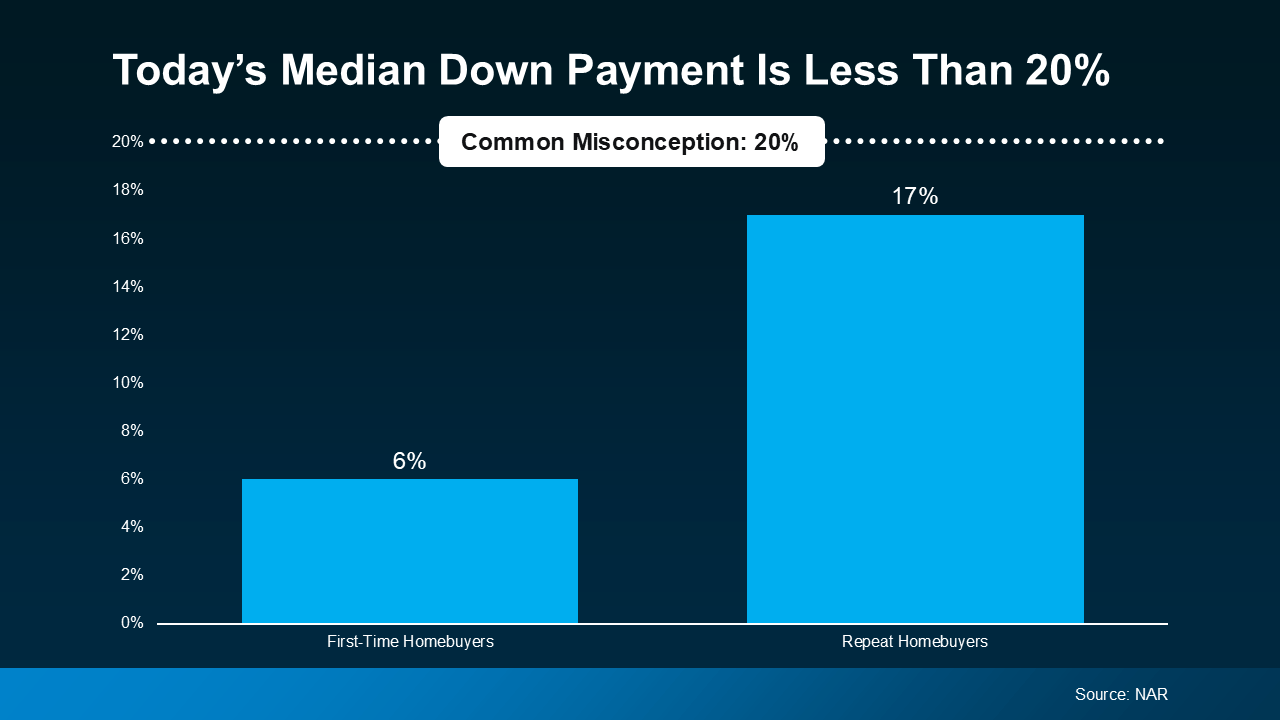(Published on - 8/10/2024 6:29:44 PM)
There is nothing quite like a big move to spur a reassessment of everything you own. As you begin preparing to pack, you’ll likely discover a myriad of items you no longer need or want. Don’t just toss the things you won’t be bringing to your new home. Instead, it is time to plan a mega garage sale. A pre-moving garage sale is an excellent way to declutter, reduce moving costs, and even earn extra cash to help with your moving expenses.

Planning Your Pre-Move Garage Sale
Pulling off a successful garage sale takes time, effort, and good planning. To start, choose the right day or time for your event. If your community or neighborhood already hosts a yearly garage sale event or swap meet, hitch your garage sale wagon to that train if the dates work for you. Otherwise, Saturdays are usually the most popular day to host a garage sale.
Start your sale early, around 7 or 8 AM, to attract early bird shoppers and make the most of the day. Most garage sales wrap up around noon or 1 PM. As the day gets closer, double-check the weather. If it looks like rain, storms, or extreme weather is coming your way, consider moving your garage sale to a different weekend. Poor weather keeps potential shoppers at home and can drag down your sales.
Finally, if you live in an HOA, check the rules to make sure you are allowed to host a garage sale. You may need to request a permit or adhere to specific rules and guidelines.
Preparing Your Items for Sale
Now that you have a date for your pre-moving garage sale, it is time to decide what you want to sell. This can also be a great opportunity to start organizing items for your move and deciding what (if anything) you want to move into self-storage (learn about common storage FAQs).
Choose What You Want to Sell
Go room by room and sort every item into one of several categories. Your categories may vary, but we suggest:
- Keep and move
- Keep and store
- Sell
- Give to friends or family
- Donate
- Toss
Be ruthless in your decision-making. If you have not used an item in a year or two or if it no longer serves you, put it in the “sell” pile. Remember, the more items you sell at your garage sale, the fewer things you will have to pack and haul to your new home.
As you sort through your belongings, set aside and dispose of any items that are broken, damaged, or heavily worn. Once you decide what to sell, check, clean, and repair each item as needed. Make sure all electronics work, games include all their pieces, and clothes do not have holes or stains.
Pricing Your Possessions
Be realistic and price your items to sell. People who visit garage sales are looking for good deals. If you are not sure what to price your items, a good rule of thumb is to price at least 50% below what you originally paid for them. You can also check Facebook Marketplace, OfferUp, eBay, and Craigslist to see what comparable items are selling for.
Place clear, easy-to-read price tags or stickers on every item. Be prepared to negotiate, as many garage sale shoppers love to haggle, but always keep a firm minimum price in mind for every item.
Displaying Your Items
On the day of your garage sale, get up extra early and spend time setting out and displaying your items. Presentation matters. Your tables should look neat, not cluttered. Avoid piling or stacking items, like books, clothes, and games. If you can, display clothes on a clothing rack, set out shoes in pairs, and line up books, games, and puzzles.
Group like items together and use clear signage to indicate prices and categories. Consider eye-catching displays, such as showcasing a unique item on a decorative table. Get creative and help your garage sale stand apart.
Promoting Your Pre-Move Garage Sale
It would be sad if you put in all the work and effort to host a pre-move garage sale only to have no one show up. If you happen to be participating in a neighborhood garage sale event or local swap meet, the event’s organizer should manage most of the promotion. Otherwise, it is up to you to get the word out.
Online Promotion
Begin by promoting your garage sale online. Places to list your sale include:
- Online classifieds
- Craigslist
- Facebook Marketplace
- Nextdoor
- Facebook groups for your city or community
- Neighborhood text chains
When promoting your sale, highlight that it is a moving sale, which often implies a bigger sale with a wider array of items. Include your address, the time of your garage sale, and any notable items you will be selling. Post pictures if possible. Reach out to local friends and family members and encourage them to share the news with their networks.
Signs
Creating eye-catching signs is one of the most effective ways to promote your garage sale. Make your signs big, colorful, and easy to read. Write in large, thick letters so your signs will be readable to people driving down the road. Include a big headline announcing your moving sale, address, and the time of your sale.
Put your signs at the front of your neighborhood and along nearby intersections and busy roads. Use signs with arrows to guide drivers to your home, especially if you live out of the way or in a large subdivision.
Finally, put your signs up a few days before your garage sale so people have time to plan a visit.
Running a Successful Garage Sale
The big day is here. You have already done all your marketing, gotten up early to set out your items, and made sure your things are well-organized and clearly priced. Now, it is time to focus on running a smooth and successful garage sale.
Cashier’s Table
Set up a cashier’s table in a central location where you can greet visitors, answer questions, and handle transactions. Keep plenty of change on hand, including small bills and coins. Price items in increments that are easy to make change for, like $0.25, $0.50, $1, $5, $10, etc.
Many younger shoppers prefer using payment apps like Venmo and Zelle instead of carrying cash. Savvy garage sale hosts can cater to these shoppers by opening accounts and displaying printed sheets with payment app QR codes at the cashier stand.
Interacting with Shoppers
Greet visitors to your garage sale and let them know you are happy to answer any questions about the condition, origin, and age of your items. Remember, many garage sale shoppers are hunting for a good deal, so be prepared to negotiate and haggle. Always be friendly. It is okay to politely decline a lowball offer and suggest a higher price. Toward the end of your garage sale, consider offering bigger discounts to get rid of the things that are not selling.
Wrapping Up and Moving Forward
Congratulations! You have made it through your pre-move garage sale. Hopefully, you were able to successfully rehome your unwanted possessions and make a little extra cash in the process. Now you can move forward with deciding what to do with any unsold items.
If you still think you can sell the items, consider posting them on Facebook Marketplace, OfferUp, or other online sales platforms. Price them to sell quickly, especially if your moving date is quickly approaching.
For everything else, a great option is to donate to a local charity or thrift store. Many organizations will arrange to pick up donations from your home. If you have anything you cannot donate or sell, your final option is to dispose of the items responsibly.
With your garage sale complete and remaining items taken care of, it is time to focus your attention on preparing for your big move. Hopefully, your home is a little less cluttered, and you have extra cash in your pocket to help cover your moving expenses.
Good luck with your move!
Source: Realty Executives
Realty Executives Midwest
1310 Plainfield Rd. Ste 2 | Darien, IL 60561
Office: 630-969-8880
E-Mail: experts@realtyexecutives.com







